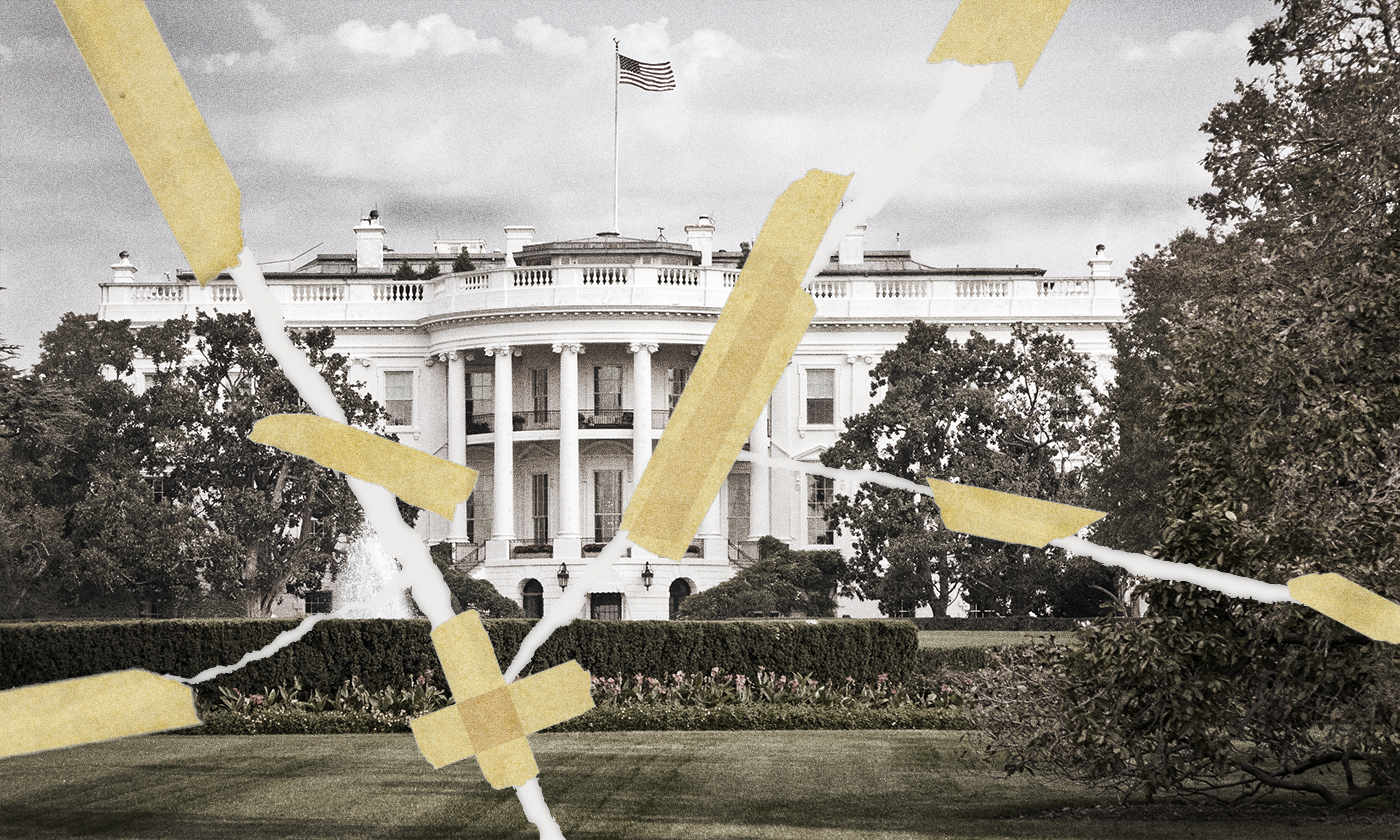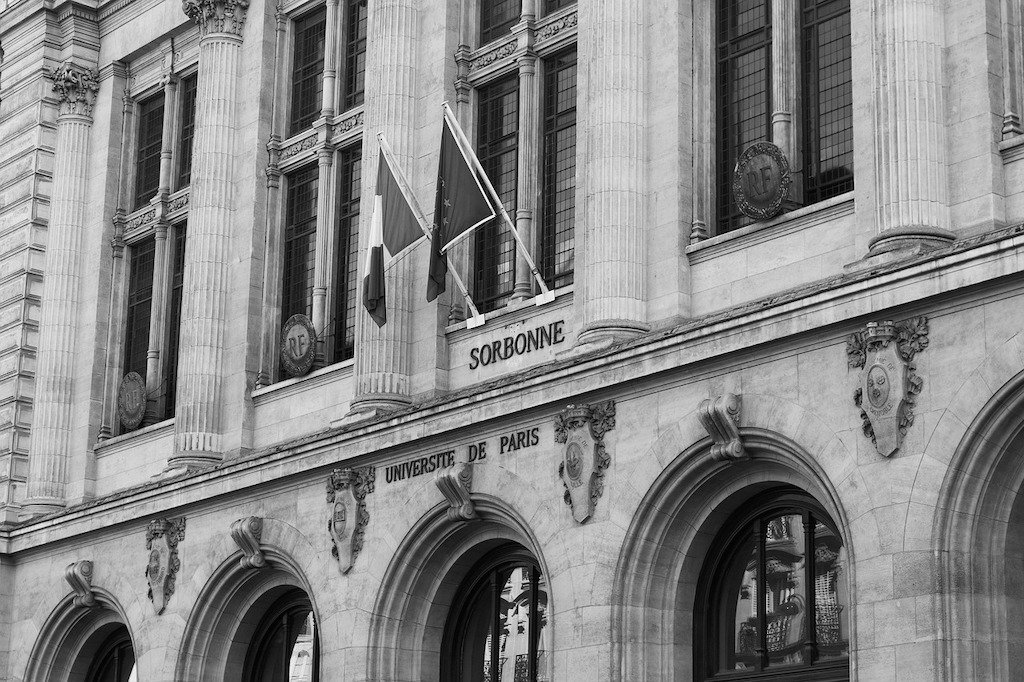But, 100 years on, debate still rages over the causes behind the conflict, which claimed the lives of 17 million people, traumatised a generation, overturned old empires and changed the world’s political order forever.
How did WWI start?
The simplest answer is that the immediate cause was the assassination of Franz Ferdinand, the archduke of Austria-Hungary. His death at the hands of Gavrilo Princip – a Serbian nationalist with ties to the secretive military group known as the Black Hand – propelled the major European military powers towards war.
The events that led up to the assassination are significantly more complicated, but most scholars agree that the gradual emergence of a group of alliances between major powers was partly to blame for the descent into war.
From our partners:
By 1914, those alliances resulted in the six major powers of Europe coalescing into two broad groups: Britain, France and Russia formed the Triple Entente, while Germany, Austria-Hungary and Italy comprised the Triple Alliance.
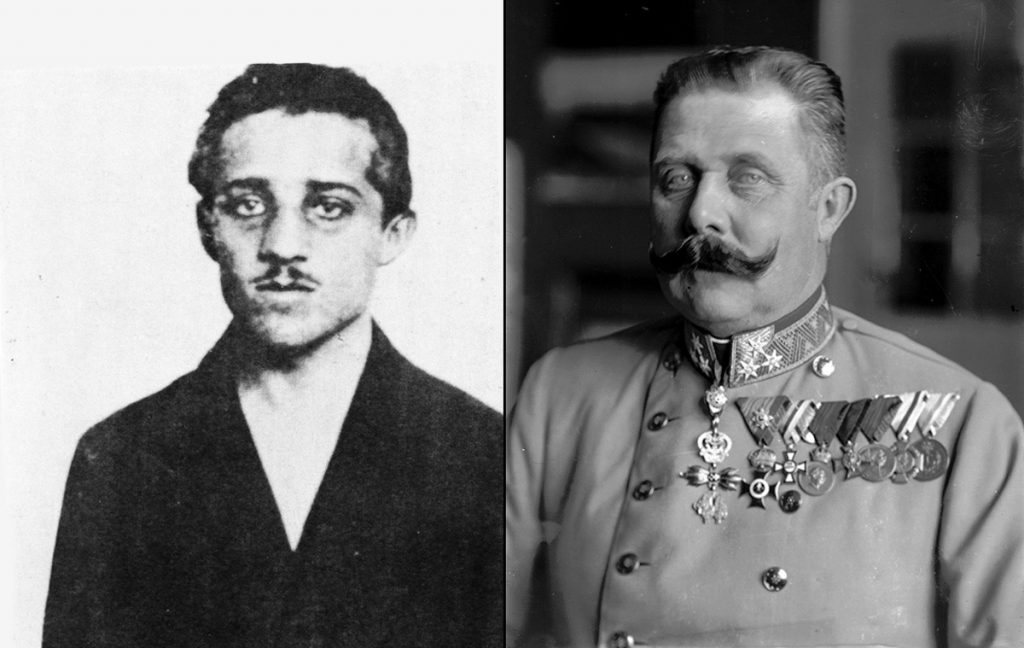
Osterreichische Nationalbibliothek
As these countries came to each other’s aid after the assassination of Franz Ferdinand, their declarations of war produced a domino effect. CNN lists these key developments:
- June 28, 1914 – Gavrilo Princip assassinates Franz Ferdinand.
- July 28, 1914 – Austria-Hungary declares war on Serbia.
- August 2, 1914 – Ottoman Empire (Turkey) and Germany sign a secret treaty of alliance.
- August 3, 1914 – Germany declares war on France.
- August 4, 1914 – Germany invades Belgium, leading Britain to declare war on Germany.
- August 10, 1914 – Austria-Hungary invades Russia.
As the war progressed, further acts of aggression drew other countries, including the United States, into the conflict. Many others, including Australia, India and most African colonies, fought at the behest of their imperial rulers.
But even the alliance theory is now considered overly simplistic by many historians. War came to Europe not by accident, but by design, argues military historian Gary Sheffield.
According to Sheffield, the First World War began for two fundamental reasons: “First, decision-makers in Berlin and Vienna chose to pursue a course that they hoped would bring about significant political advantages even if it brought about general war. Second, the governments in the entente states rose to the challenge.”
Sheffield adds: “At best, Germany and Austria-Hungary launched a reckless gamble that went badly wrong. At worst, 1914 saw a premeditated war of aggression and conquest, a conflict that proved to be far removed from the swift and decisive venture that some had envisaged”.
Was WWI caused by a family feud?
Far from being remote rulers who knew nothing of their enemies, the heads of state of Britain, Germany and Russia – George V, Kaiser Wilhelm II and Tsar Nicholas II – were first cousins who knew one another very well.
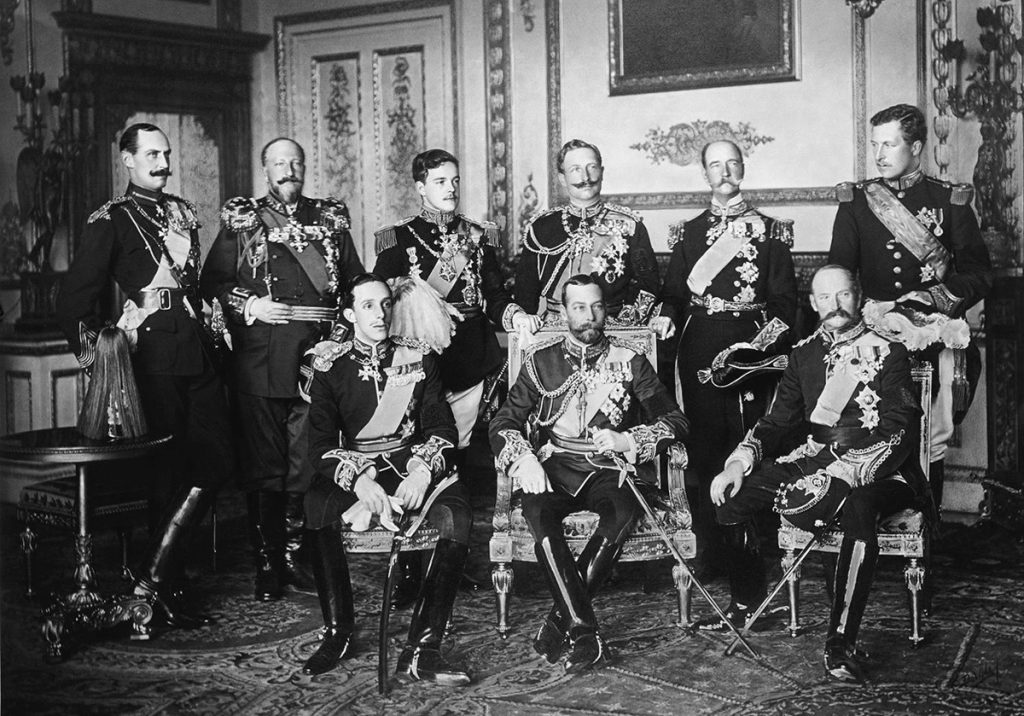
W. & D. Downey
A BBC documentary screened earlier this year, Royal Cousins at War, told the story of Wilhelm’s difficult relationship with his parents and antipathy towards all things British and argues that this helped bring the world to the brink of war.
The three monarchs were like “sleepwalkers stepping towards an open lift shaft”, Richard Davenport-Hines says in his review of Miranda Carter’s book on the subject, The Three Emperors. The events leading up to the conflict are “a study in the envy, insincerity, festering rancour and muddle that only families can manage”.
Unlike many family feuds, however, disagreements between the royal cousins exacted a geopolitical price. “As relationships between the royal cousins waxed and waned, so did the relationships between their countries,” the Daily Mail’s Ruth Styles says.
Queen Victoria attempted to broker peace between the cousins, but after her death good will “between the Russian, British and German branches of the family dissipated and Europe edged closer to war: George V and Tsar Nicholas on one side, and their estranged cousin, Wilhelm, on the other,” Styles says.
The engagement was disastrous for all three monarchs. By the end of 1918 the German kaiser was deposed and had fled into exile, the Russian tsar and his children had been executed by revolutionaries, and the British king presided over “a broken, debt-ridden empire,” Davenport-Hines says.
Which nation was the primary aggressor?
The question of which country or countries caused the war is sometimes flipped on its head by scholars who have asked which countries – had they conducted themselves differently – could have prevented it.
On the BBC website, military historian Sir Max Hastings says that while no one nation deserves the blame alone, Germany is more guilty than most, as “it alone had power to halt the descent to disaster at any time in July 1914 by withdrawing its ‘blank cheque’ which offered support to Austria for its invasion of Serbia.”
Sir Richard J Evans, Regius professor of history at the University of Cambridge disagrees, arguing that Serbian nationalism and expansionism were the root cause of the conflict. “Serbia bore the greatest responsibility for the outbreak of WW1,” Evans says, “and Serbian backing for the Black Hand terrorists was extraordinarily irresponsible,”
Other leading scholars believe the blame should be shared equally between all the main players: Austria-Hungary, Germany, Serbia, Russia, France, the Ottoman empire and Britain. The “fatal mixture of political misjudgement, fear of loss of prestige and stubborn commitments on all sides of a very complicated system of military and political alliances of European states” led to the descent into all-out war.
Why did the US join the war?
Until the US Congress declared war on Germany in April 1917, President Woodrow Wilson “had strained every political sinew” to keep the country out of the conflict, author Patrick Gregory writes for the BBC.
Despite widespread horror in the US over newspaper reports of German atrocities against civilians, the general feeling among in the early months of the conflict was that American men should not risk their lives in a European war. That all started to change in May 1915, when a German U-boat torpedoed and sank the British passenger liner the Lusitania as it crossed the Atlantic, killing 1,198 of the 1,962 people on board.
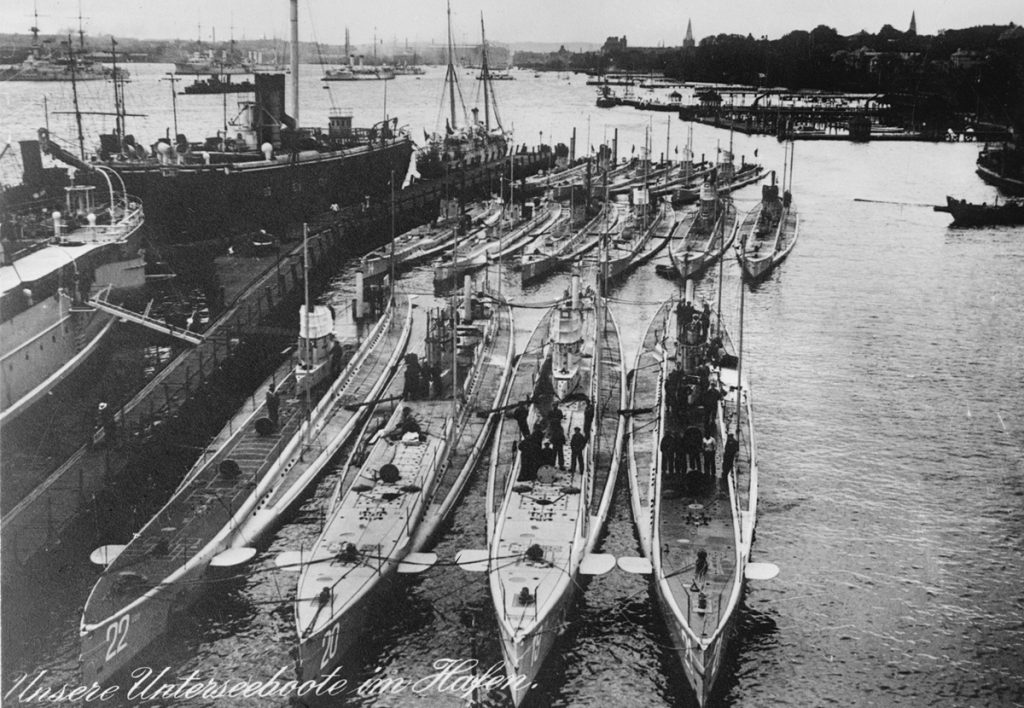
Library of Congress
The attack provoked shock and fury across the world. Among the dead were 128 Americans, putting substantial pressure on the government to abandon its neutral stance on the conflict.
Although ambivalence to the war remained strong enough that Wilson campaigned for reelection in 1916 on the slogan “He kept us out of war”, Gregory writes, the Lusitania atrocity swelled the ranks of the pro-war lobby, led by former president Theodore Roosevelt.
In response to the outcry, Kaiser Wilhelm II halted U-boat operations in the Atlantic. Nevertheless, the pro-war sentiment in the US continued to fester – and when Germany announced plans to resume its naval strikes on passenger ships in January 1917, it exploded.
Public opinion was further inflamed, writes Gregory, over the emergence of a telegram, supposedly from the German foreign minister Arthur Zimmerman to Mexico offering military assistance if the US entered the war.
Observers soon came to believe that the change in public feeling made US entry into the war inevitable, and eight weeks later Congress approved a resolution declaring war on Germany.
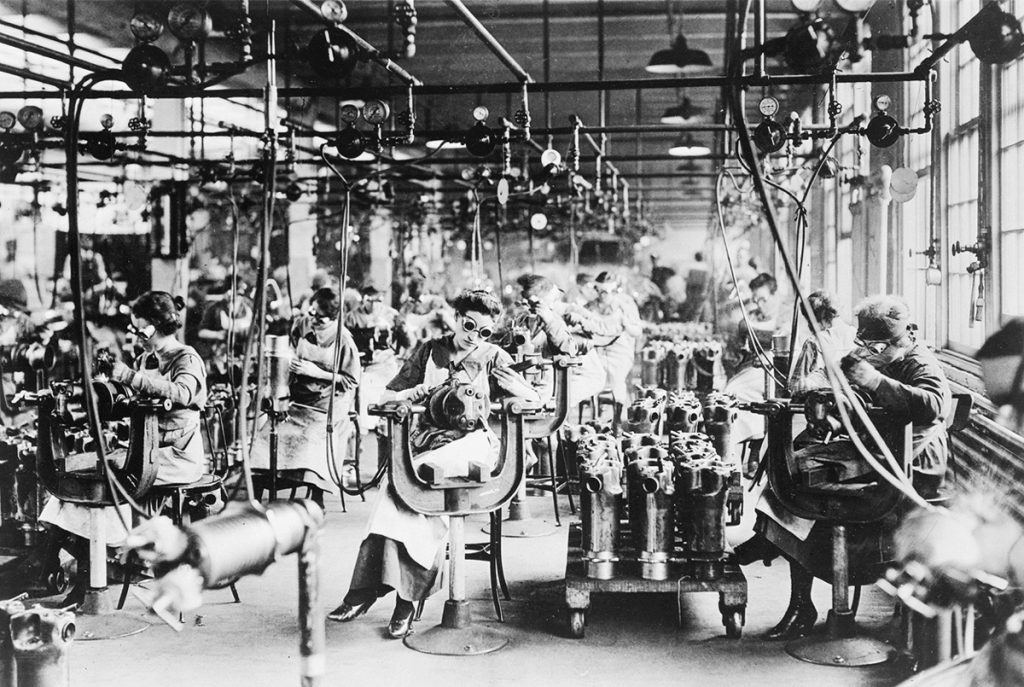
U.S. Army Signal Corps / Library of Congress
The Anglo-German arms race
Towards the end of the 19th century, Kaiser Wilhelm II of Germany embarked on a massive project to build a fleet that would rival Great Britain’s.
The Royal Navy at the time was regarded as the most powerful in the world, although its primary purpose was not military, but the protection of trade.
“Britain relied upon imports and its economic prosperity rested on seaborne trade, financed by the City of London,” Paul Cornish, the senior curator at the Imperial War Museum, says. “Any threat to Britain’s naval supremacy was a threat to the nation itself.”
A shipbuilding arms race with Germany began in 1898, but Britain had gained a technological edge over its rival by 1906, with the development of a new class of battleship – the dreadnought.
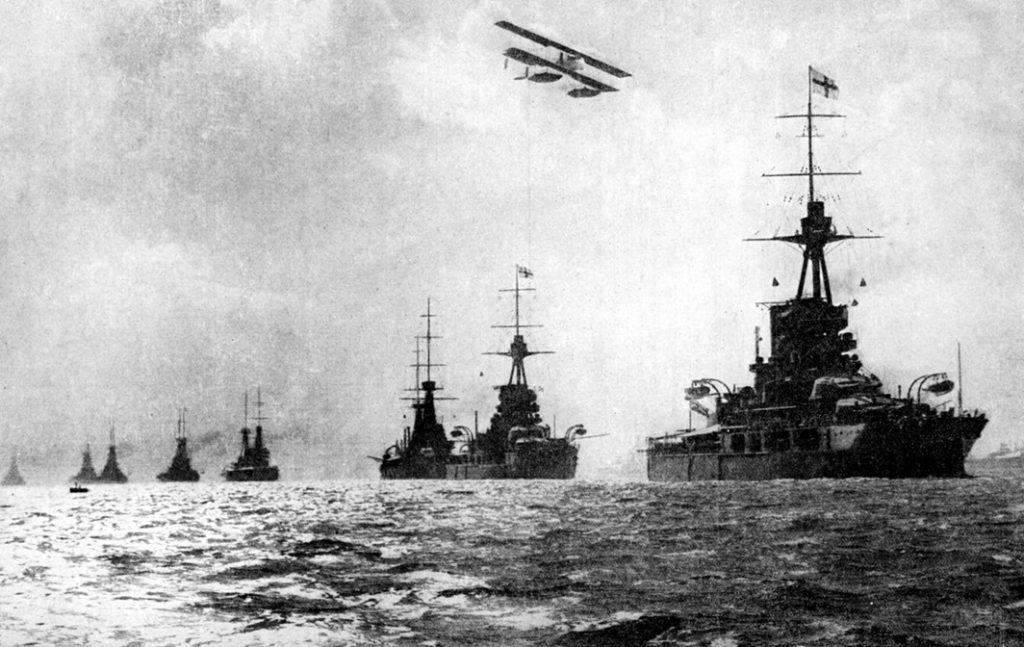
“Designed around the firepower of heavy guns and powered by steam turbines, these huge vessels made all earlier warships obsolete,” Cornish adds. “In both countries, the public, encouraged by the press, popular authors and naval pressure groups, demanded more battleships.”
Ultimately, Germany was unable to keep pace with the spending power of its rival and shifted attention away from its navy back to the development of its army. However, “the damage to Germany’s relationship with Britain proved irreversible”.
Is it wrong to try to point the finger?
Attempting to identify which nation or nations should be held accountable for the war is an exercise doomed to failure, Margaret MacMillan argues in her 2013 First World War history, The War that Ended Peace.
In her Spectator review of MacMillan’s “important new study”, Jane Ridley says that the book’s main thrust is that the blame game itself is “conceptually flawed”.
“The alternative to searching for scapegoats is to examine the system,” MacMillan argues “and the international system in 1914 was seriously dysfunctional”.
According to MacMillan, the alliances drawn up between nations before the war could actually have helped to preserve the fragile peace. However, pacifist ideals were brushed aside by the “frightening shifts” in the mindset of Europe’s leaders who ultimately came to think in terms of military solutions rather than diplomatic ones.
“The most we can hope for,” MacMillan says, “is to understand as best we can those individuals who had to make the choices between war and peace.”
Can any individual be blamed for the First World War?
The Guardian identifies six people who, from a British perspective, had the largest roles in the events leading to the outbreak of war:
Kaiser Wilhelm II, the “hot-tempered, military-minded ruler of German empire and kingdom of Prussia” who was “increasingly suspicious of motives” in Britain, France and Russia
David Lloyd George, the British Chancellor of the Exchequer, who “against his earlier inclinations” ultimately became a leading proponent of military action against Germany
Tsar Nicholas II of Russia, who found himself caught between Russia’s loyalty to Serbia, and his desire to avoid war on the continent
Archduke Franz Ferdinand, who was “keen to strengthen Austrian army” but wanted not to antagonise Serbia
Herbert Asquith, the British Prime Minister who led the nation into war, to be replaced by Lloyd George in December 1916
Edward Grey, the foreign secretary who “was ineffective in his attempts to warn Germany against threatening Belgium’s neutrality in 1914”.
This article is written by Arion McNicoll & originally appeared in The Week.













